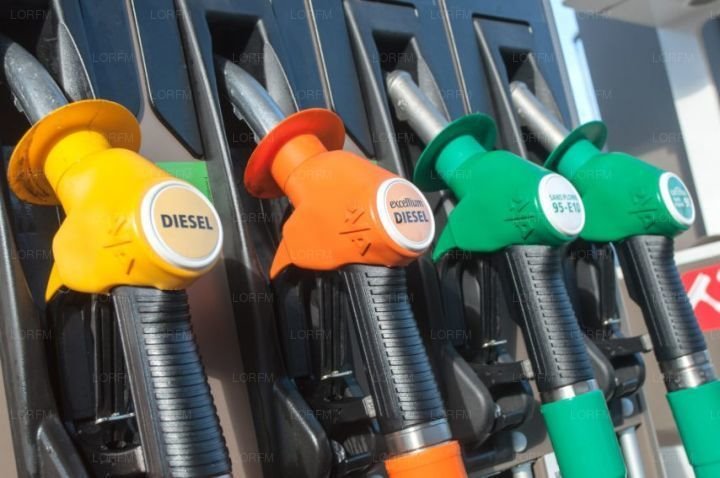
In France, 3,000 people have fallen for this scam. Since January 2025, victims were left with fake notes, skimming fraud, and even worse, some reported theft. The scam is simple, quick and designed to disarm your instincts, and now it’s heading south towards Spain.
Spanish and Portuguese authorities are on alert regarding petrol stations near borders, and the streets are being watched closely. The scam isn’t high-tech; it thrives on destruction, speed, and misplaced trust. Questions remain on why it’s spreading and what you can do to avoid becoming the next target.
How the scam works
The scam plays out fast, and it usually takes under a minute. You will be filling your tank when someone nearby approaches you, usually politely. They would say they ran into a problem, such as leaving their wallet at home or the card going missing.
They need €5 or €10 worth of fuel to get home, and they’re willing to give you cash directly. To make it seem legitimate, they hold out the five-euro note as they speak or even start fuelling their own car, expecting you to swipe your card, but here’s what really happens:
The note is fake, often a poor-quality counterfeit or outdated currency.
In some cases, they don’t hand anything over at all.
Others use the interaction to skim your card using a disguised reader or note your PIN while “helping.”
Some drive off mid-fill, leaving you to cover their charge.
Variants have also emerged where scammers target loan drivers, especially women, at night or poorly lit service areas. The tactics used are the use of urgency with a low level of intimidation to manipulate you into a quick payment.
The scam actually works because it bypasses suspicion; it doesn’t feel like a credit, but rather like someone asking for help, and that’s exactly what’s happening, which is why it’s effective.
The French Gendarmerie Nationale warns in multiple departments that scammers often work in pairs. They switch vehicles frequently and target stations during peak travel times, which would be weekends, holidays, and evenings.
What concerns investigators most is not just the scale, but the ease.
The scam doesn’t require any technology. It just needs a moment of hesitation from someone trying to do the right thing.
Why Spain might be next
While the French Gendarmerie has yet to confirm whether cross-border arrests are being made, reports from Portugal, as well as Catalonia, suggest that similar scams are beginning to surface.
As of late 2024, the Portuguese news outlets have warned drivers travelling to Spain of the estafa de los 5 euros, especially at unmanned pumps and rest areas near the border.
In past cases, scams in France have usually moved quickly into Spain, including ATM fraud, contactless skimming, and toll booth theft. Now, fuel stations are the latest frontier.
This scam is not violent, low-value, and often dismissed as a misunderstanding. It’s relatively easy for these incidents to go unreported until the trend becomes undeniable.
Full story Petrol scam hits France — Spain on alert « Euro Weekly News